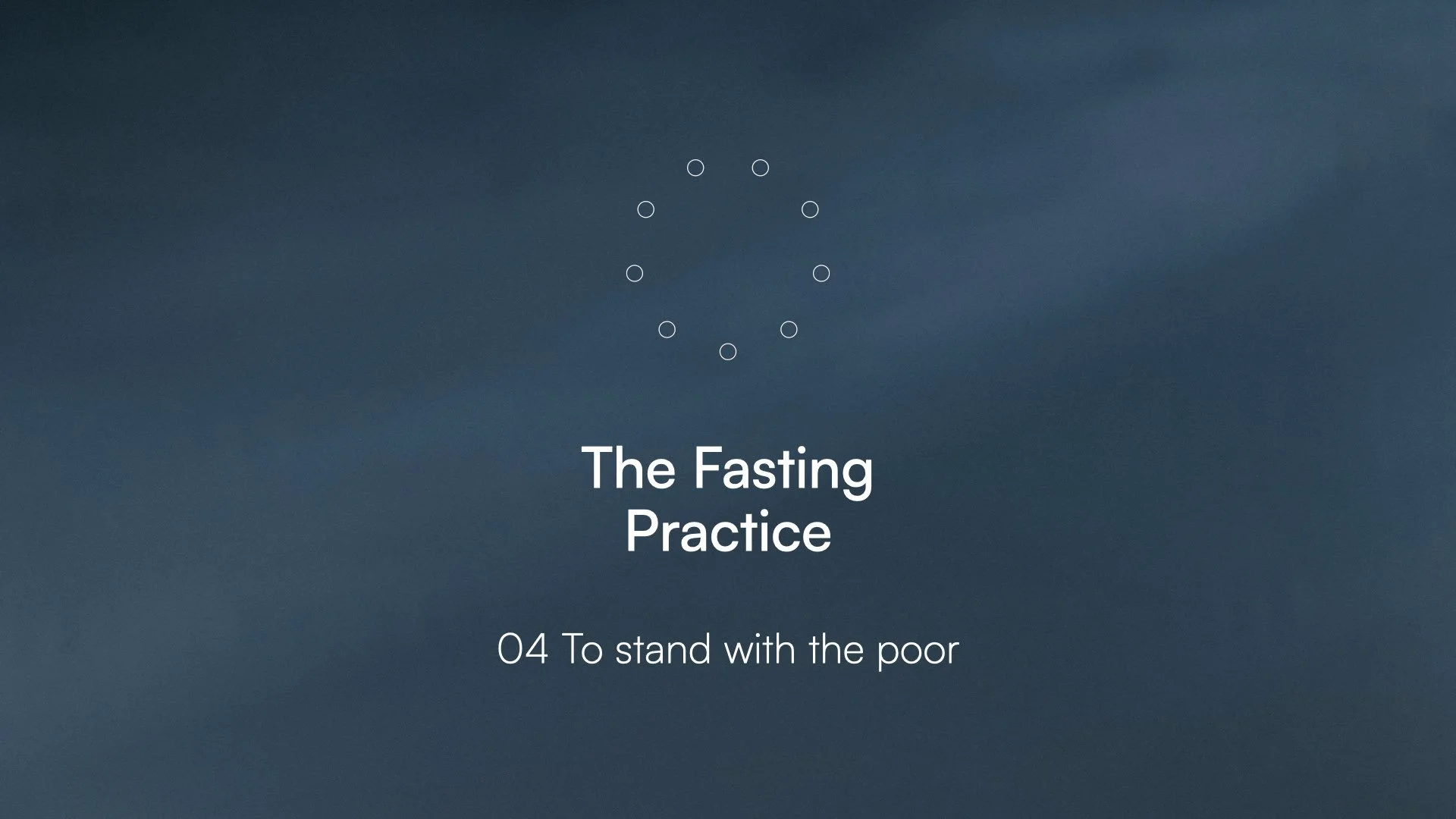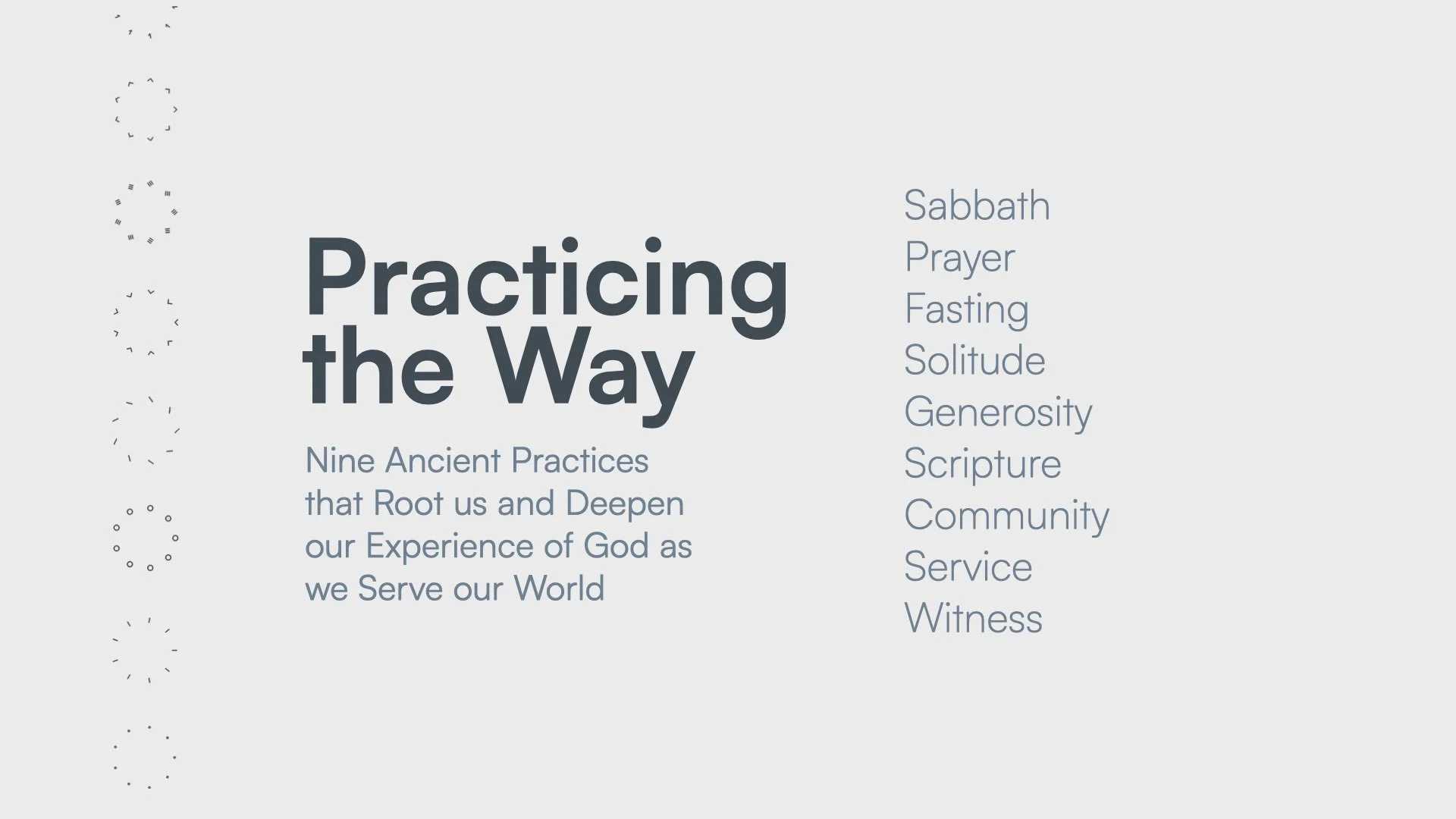***Note: This recording took place on Mother’s Day and includes communal prayers to mark this occasion for all.
Fasting 04 - To Stand With The Poor
Fasting 04 - To Stand with the Poor
“Give to the hungry what you deny your own appetite.” —St. Gregory of Nyssa
In the West, many of us struggle with the problem of food abundance — having too much food to eat. Our cupboards overflow with snacks; we have so much food in our fridges it goes bad before we have a chance to eat it; apps on our phones can put any food we want just a few swipes away.
Dieting is a constant fad, and most of us live in a daily war of attrition against sugar, processed carbs, and over-indulgence. But most of the world, and many more people than we realise in our own neighbourhoods and cities, live with food scarcity — not having enough to eat. Often, they are hiding in plain sight in our own churches and communities.
Fasting is a way to bridge this gap, between “the haves” and “the have nots.” Going back at least as far as Isaiah 58, it has long been a vehicle for biblical justice, a way for those with too much food to share with those in need of food.
Early on in the history of the church, fasting was tied to what Jesus and the early Christians called “almsgiving” — a practice that combined generosity, serving, and justice. On fasting days, Christians would take the food or the money they would have spent on food and give it to the poor. Often, they would also give the time they would have spent cooking, eating, and cleaning up to serve the poor.
In Part 4 Stephanie Wilson shows us how this simple practice of giving away the money we would have spent on ourselves has the potential to transform not only the lives of the poor, but also our own lives and communities.
Part of the Practicing the Way Series. For info and resources on this series go to redeemercentral.com/ptw
For all the info and resources on our series Practicing the Way, please visit redeemercentral.com/ptw
Redeemer Podcast
Follow/Subscribe on Apple Podcasts, Spotify Podcasts or browse episodes at redeemercentral.com/podcast



